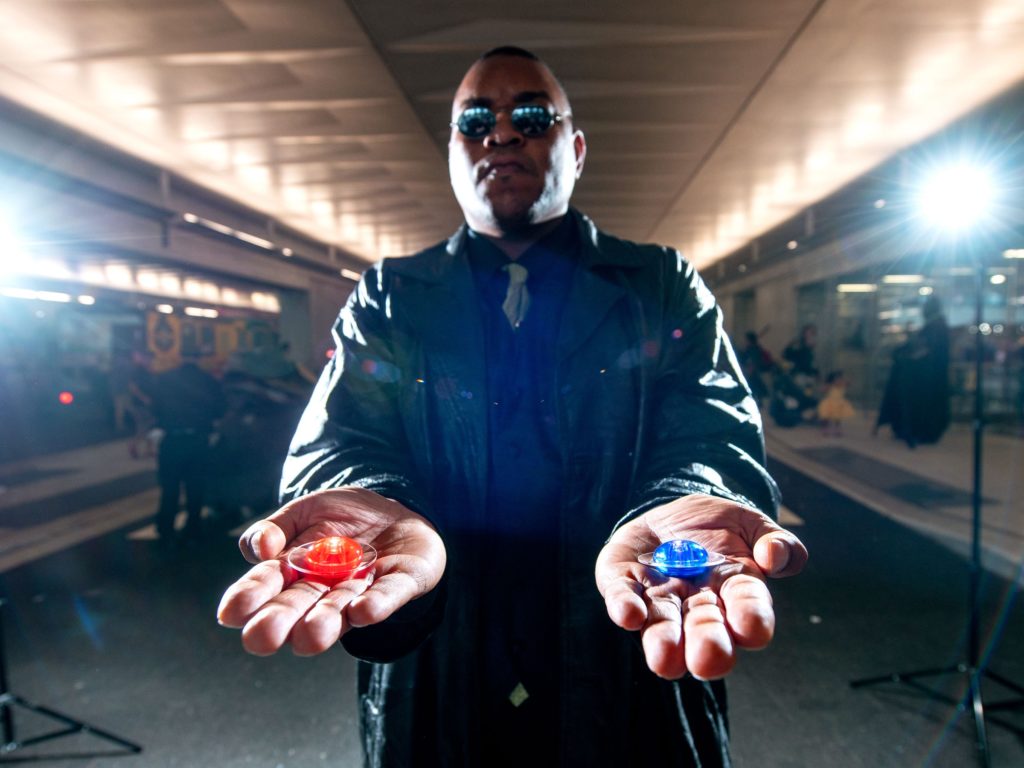In his Day After Epiphany message, Bishop Greg Brewer of the Diocese of Central Florida wrote,
When I think about what I saw on television yesterday, I was brought to tears, nauseated and completely stunned. What I saw was a raw display of fury, rebellion and sedition. I saw the United States Capitol Building defaced. I saw the cross and the Confederate flag standing together in procession. I saw a screaming mob. Encouraged by our leaders to commit acts of violence, this mob followed their leaders to the brink. The United States Capitol is now a crime scene.
He calls for accountability. Continuing, he writes,
The challenge before us is immense. We have been steeped in a political discourse shaped by lies for so long; we as a nation live in two distinctly different realities. The challenge is not merely to get along, but to discover again the common truths that define our common life.
The invasion last week of the Capitol building—the People’s House—underscores that we live in a world where large segments of our population have vastly different views of reality. Whatever cultural values and public policy views divide us, a further division to reaching our fellow human beings is that one group lives in a world that is largely fact-based, and another group lives in a second world of conspiracy theory and attachment to lies.
Few of us in the first world do not have friends, family or neighbors who inhabit the second world. Without absolving those in the second world of accountability, what can we do to bring them to the first world?
At her blog, Evening Docket, Rebecca Lightle describes these two worlds.
She then continues,
For as long as I can remember, I’ve been an uncompromising inhabitant of the first world. It couldn’t matter less what you want the truth to be; it’s important only what the truth is. And I always want to know what the truth is. The more truth, the better, and as soon as possible. Knowledge is power. Red pill for me, every time.
Watching Donald Trump and his sycophants these past four years, I often observed scornfully to family and friends: “Imagine being free of the standards to be accurate, thoughtful, reasonable, and consistent when you speak. Imagine a worldview where, if you want something to be true, you simply insist it is and shut out any evidence to the contrary. What a life!” The horror I felt when Trump was elected cannot be overstated, but it never even occurred to me to suggest he wasn’t legally the president. We first-worlders have now spent years shaking our heads in disgust at those who choose to delude themselves and others: So foolish. So sad. So weak.
Their delusion has proven very dangerous. Dealing with a recurrence of cancer as a wife and mother, Lightle has some insight into facing facts. She writes,
I have a slightly more complicated view now about why people might choose to dismiss the evidence they’re presented with, to reject our usual ways of knowing. If evidence-based reality is existentially intolerable to you, by definition you cannot live there. You must create a different world to inhabit.
I’m using this lens to try to understand the attack on the Capitol this past week — why it happened the way it did, why it has so many apologists, and what it means for the future of the country. As I see mounting evidence of fringe ideas becoming mainstream among regular-seeming people, I can’t help but compare the situation to my metastasized cancer, which has put illness and fear at the forefront of my life but also wisdom and clarity. It feels like we’re afflicted with a potentially fatal disease, and we haven’t yet discovered how to fight it effectively.
Not long ago, I assumed that the best treatment was simply for first-world inhabitants to persuade enough second-worlders that our team is better. But now I think that ship has sailed and was misguided anyway. We need another approach as things look grimmer and grimmer.
Read it all.
Bishop Porter Taylor of Western North Carolina asks us to consider an example from Northern Ireland during the Troubles. He writes:
In 1976, Belfast Northern Ireland was deep into the “troubles.” The power struggle between the Catholics and Protestants had gone beyond arguments into violence. Betty Williams was an office worker. She was not very political because she was busy with her job and was married with children. Her days were full. One day in August of 1976 she was walking home from work, and a member of the IRA was driving a car in her street and as he was driving, he was shot dead by British troops. His car spun out of control and killed three children.
…
[T]hat night she began knocking on her neighbors’ doors and saying, “We cannot live like this anymore.” She kept knocking and found that conversation led to conversion led to communion. Together with Mairead Corrigan, an aunt of one of the children who died, she formed the Peace People. This organization set up local peace groups to bring people of opposing views into conversation with one another.
…
I do not know what can cure our nation’s deep-rooted problems. I do not know how to bridge the political gaps much less our nation’s embedded racism or the income inequality that perpetuates poverty. I do know this: I am tired of watching the news and coming away with anger, anxiety, or despair. The cure is not indifference, nor is it simply to find a quick solution to a complex problem.
But in my bones, I know this is true for me: it’s time to begin and it’s time to begin where I am even if it’s like Betty Williams knocking on doors and saying, “We cannot live like this anymore.”

